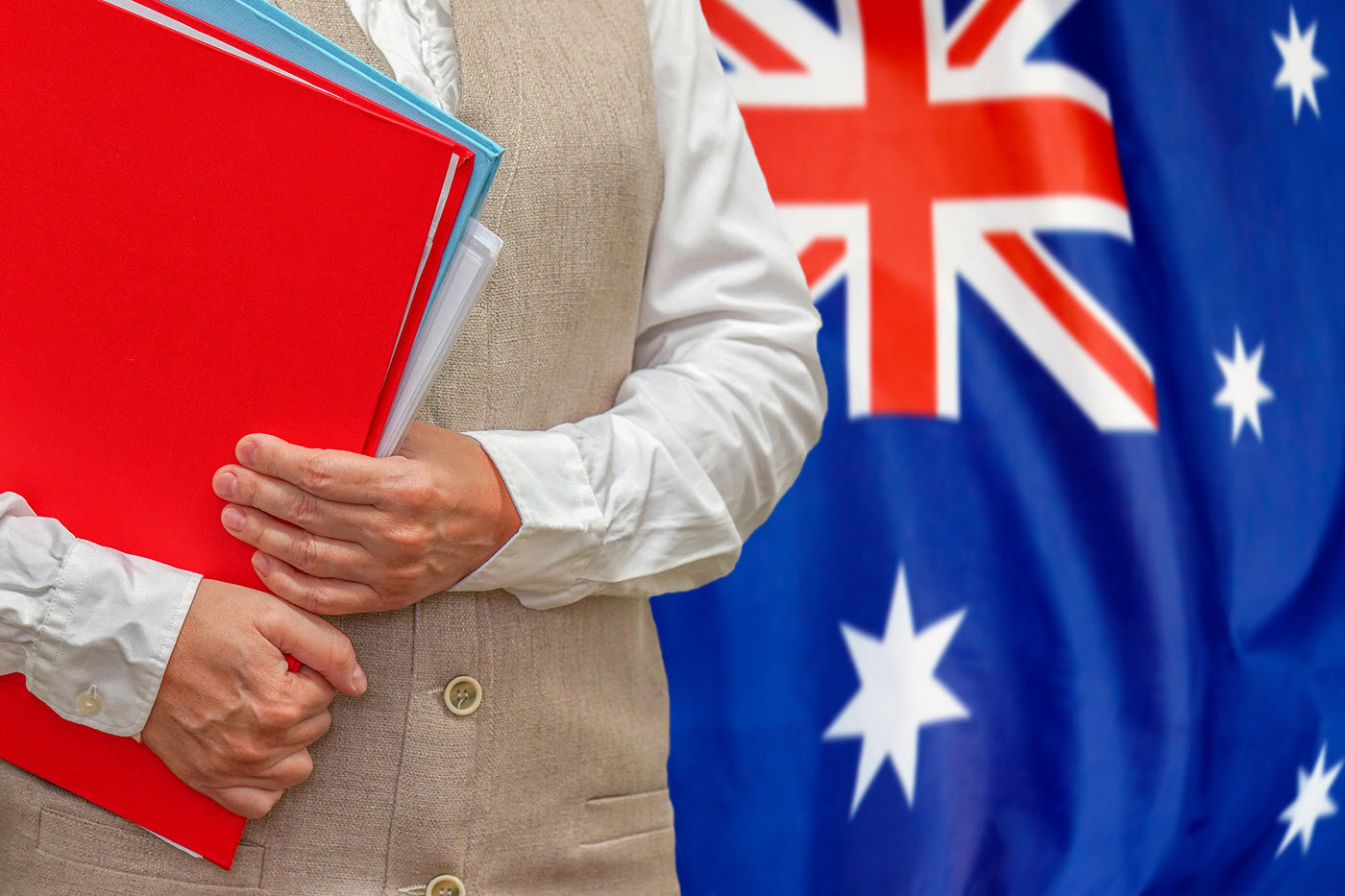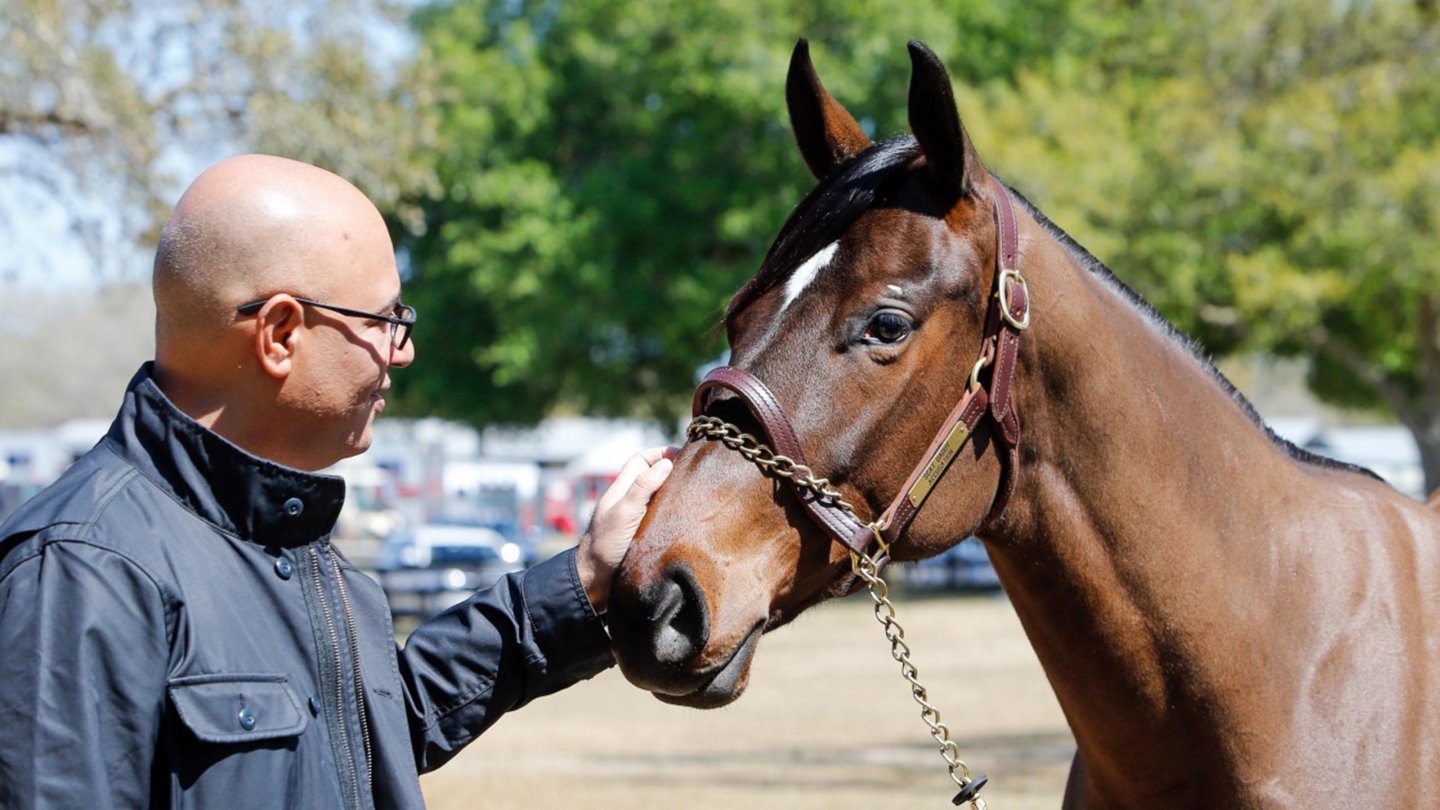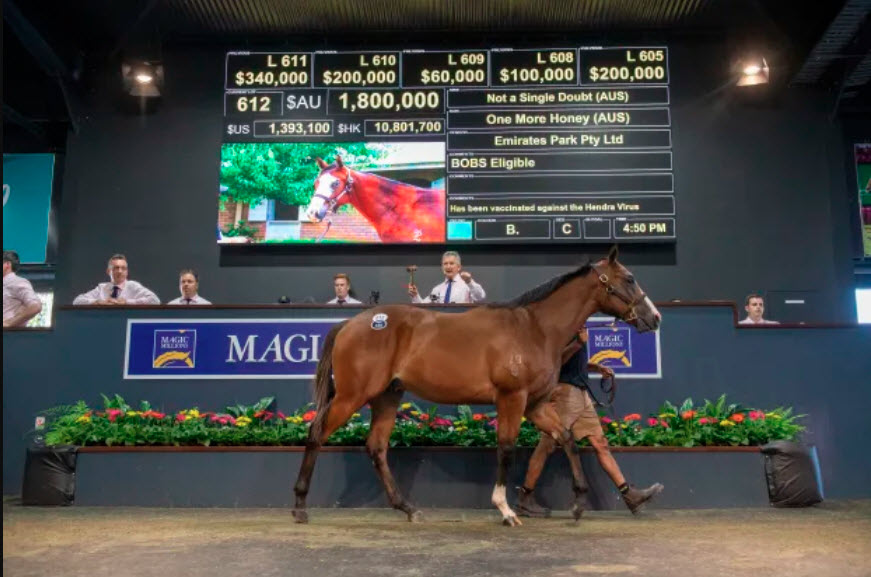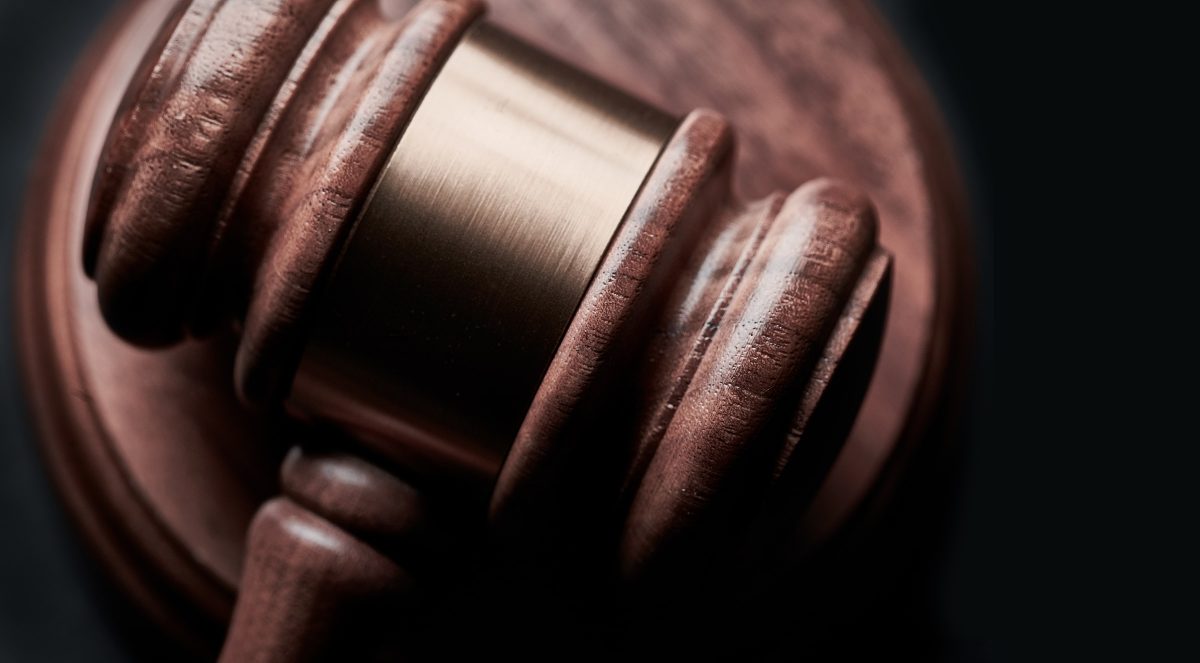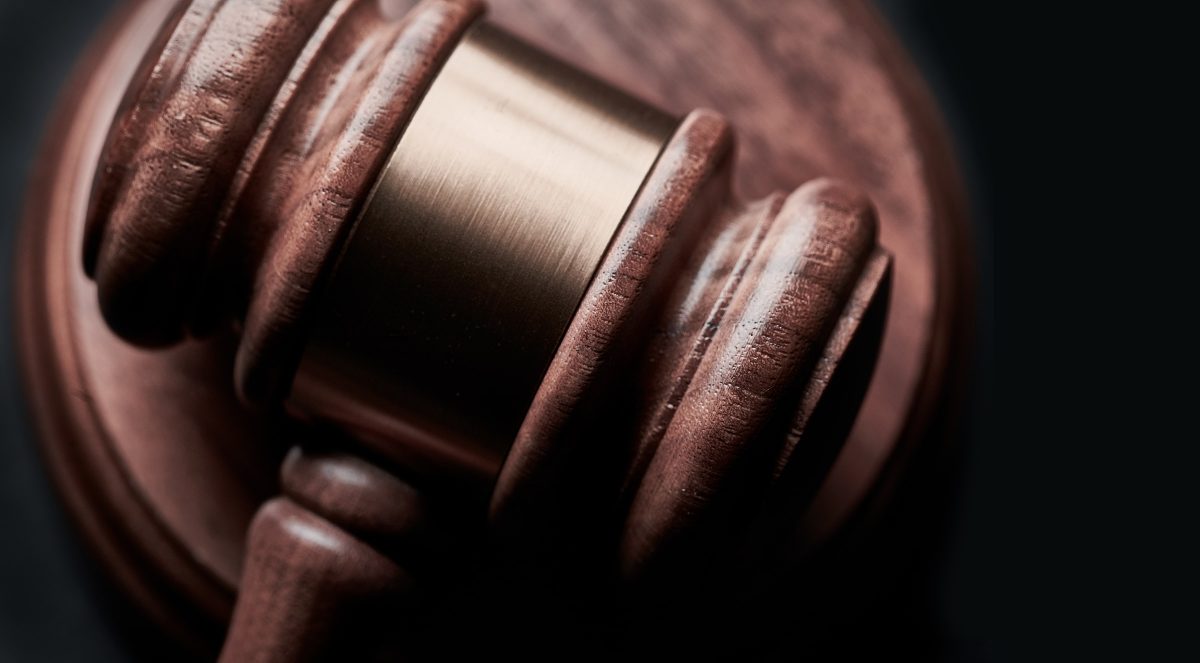Melanie Kilgour – who is currently a teacher at a Secondary College in Shepparton – pleaded guilty to accusations of pocketing nearly $150,000 AUD of funds from the Alexandra Community Hub back in 2019.
Update 03/05/2021: Image removed.
Update 06/07/2021: Melanie gives her side of the story
In court, Melanie Kilgour – who also goes by married name Melanie Gourlay, stated that “the funds were all gone”.
Out of a total of $148,908 AUD – which was drained from the Community Hub’s accounts through a total of 38 separate transactions, $50,000 purportedly went to a friend who never paid her back, and an undisclosed amount was spent on house repairs.
National Australia Bank Spotted Different Signature
The fraud was detected due to Mrs Kilgour forging the signature of the Alexandra Community Hub director’s signature to the bank.
When NAB detected that the signature of John Cannon – the local Community Hub director – was substantially different from previous signatures of his in their database, they reached out to him for explanations.
However, Mr Cannon replied that he had not signed off on any of those transactions. What’s more, he was not even in the area at the time the transactions were allegedly signed.
Overseas Bitcoin Lover Took The Money
Outside of the $50,000 sent to the mysterious debt-dodging friend, the defence claimed that some had been spent on home repairs – and that the rest of it had been sent in Bitcoin to an “overseas lover” who had taken the money and disappeared.
However, Judge Michael Tinney was not quite impressed with these Mt. Gox-esque explanations.
“(The home renovations) it’s false is it … what there a builder? What’s the cost of the house? It’s impossible for me to act on submissions from the bar table … well the scammers aren’t (the builders) are they … these internet transactions mean nothing to me.”
Mrs Kilgour apparently sold her house in Alexandra recently for a total of $116,000, which were placed in a trust fund that will allegedly be liquidated and used to pay back ACH.
Mrs Kilgour will reappear before the court on the 24th of June.

